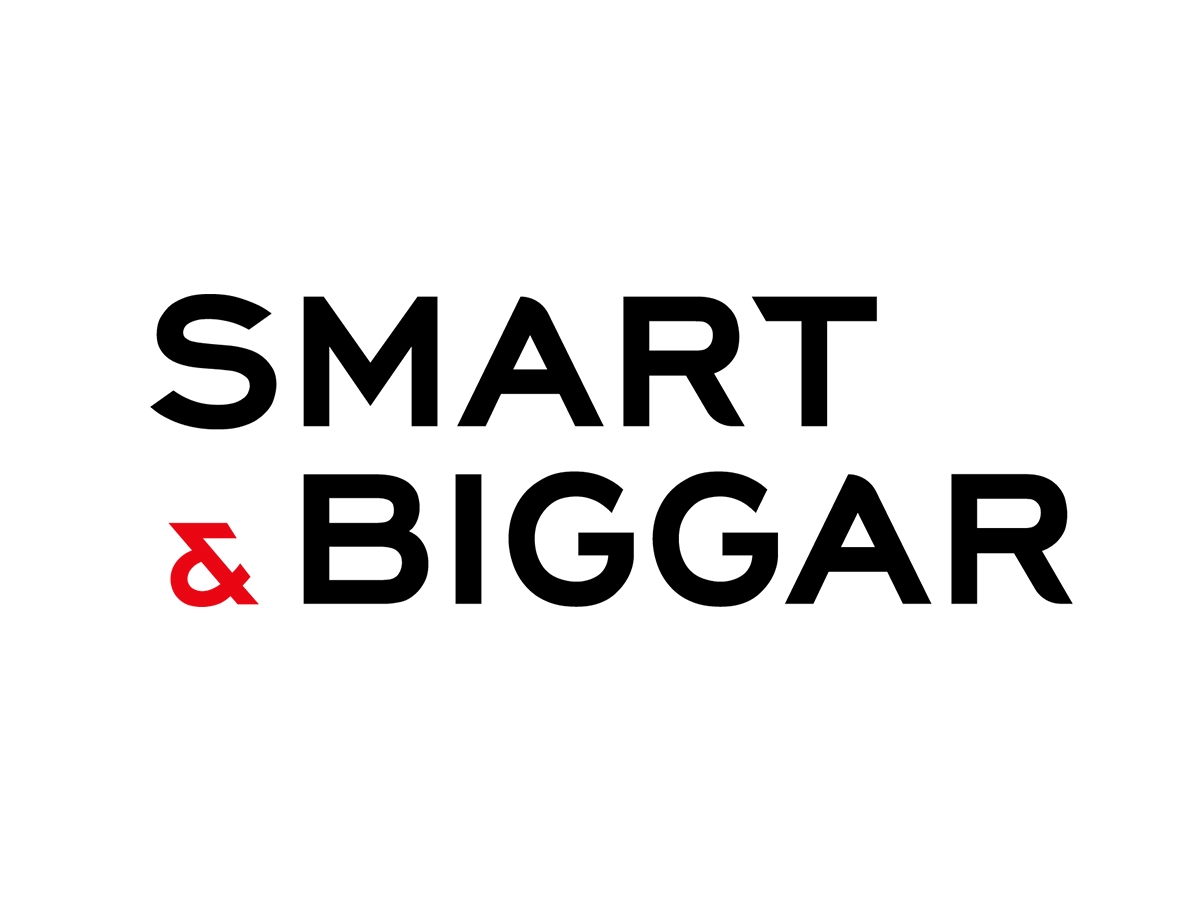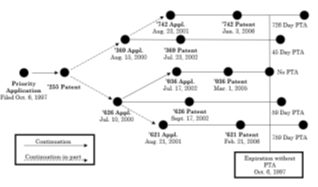Disruptive Startups Cannot Survive in a Post-AIA Patent Landscape
“The U.S. patent system is now actively working against disruptors like us and decisively in favor of Big Tech companies.”
I founded Netlist in Irvine, California, over 20 years ago to develop the most sophisticated memory module technology in the world. We succeeded, shipping over a billion dollars of product and partnering with top companies, such as IBM, HP and Dell, to power their high performance computers. Netlist continues to invest heavily in R&D in the U.S. We hold more than 130 patents, many of which have been designated as standards-essential. Our memory technology has benefited consumers, businesses and the U.S. military as it is now an integral part of advanced computers deployed in a variety of industries.
When we began the company, we were under the impression that securing a U.S. patent was the high-water mark of innovation and that this would protect our inventions against infringement. A patent, we believed, would allow a small innovators like Netlist to compete with large incumbents that wield enormous market power. It’s a maxim in business that Goliaths leverage scale to grow while Davids must innovate to survive. Historically, the patent system has helped even the playing field between the large incumbents and disruptive newcomers. However, after an unprecedented, decade-long fight against one of the largest companies in the world, I’ve come to the conclusion that this is no longer the case. The U.S. patent system is now actively working against disruptors like us and decisively in favor of Big Tech companies.
Repeated Patent Attacks
Starting in 2005, Netlist began working with Google. Our early breakthrough design in advanced memory modules helped power Google’s search engine at a time when it was gaining dominance. But, after several years of partnership, Google stopped purchasing our products and decided instead to build and consume infringing knock-offs. Faced with blatant theft of our intellectual property, Netlist approached Google to initiate licensing discussions. Google instead preemptively sued us in 2009 and we responded in kind.
Following this, Google – in concert with their partners – challenged the validity of our ‘912 patent in proceedings before the United States Patent and Trademark Office (USPTO). This challenge initiated a stay in the patent suit that lasted at first for a decade, and, incredibly is back in effect. This initial challenge, a pre-America Invents Act (AIA) inter partes reexamination, eventually resulted in the USPTO upholding our patent as valid. However, following the passage of the AIA in 2012, the ‘912 patent reexam result was subjected to a PTAB review. Years later, the Board validated the ‘912 patent’s reexam result. Following that, even more reexaminations were pressed by more entities, with the examiner affirming claims of the ‘912 again, and then the PTAB finding the claims valid – again – in 2018. Finally, in 2020, the U.S. Court of Appeals for the Federal Circuit affirmed these multiple decisions and conclusively (or so we thought) found the ‘912 patent was valid – over ten years after our dispute with Google first began. All the while, our patented technology has been used by Google and other implementors free of charge.
We thought that after multiple reexam validations, multiple PTAB approvals, and an affirmation by the Federal Circuit, we had finally been given a quiet title to our invention. We were wrong.
The Fight Continues
Despite this patent being found valid FIVE previous times, including by the Federal Circuit Court of Appeals, Samsung, working in collaboration with Google, filed yet another IPR against the ‘912 patent earlier this year. Congress never intended IPRs to be used to endlessly harass patent-holders. Yet, the PTAB, now under its 4th USPTO Director since the case commenced, has just instituted this challenge. Google, with a market capitalization of over $1 trillion dollars, has now leveraged the system to avoid facing a trial for infringing our seminal patented technology for 13 years.
Unfortunately, this is part of a common and predictable playbook for Big Tech companies. Rather than take a license, they exploit the AIA’s IPR process to hold-out and use the technology for free with impunity. The judicial system is not fast to begin with. The IPR process adds years on top of this to tie the hands of patent holders and deny them their day in court. Google and Samsung alone brought 1,185 PTAB challenges between 2012 and 2021. They are not challenging “bad” or “low quality” patents per the original intent of the IPR process. The reality is that Big Tech companies rarely challenge bad patents; they tie up the best patents that pose the greatest competitive threat. The decision to hold out is based on business necessity, not legal merit.
An Institutional Fix is the Only Way Forward
Netlist will continue to innovate. But I could not in good faith encourage young entrepreneurs with new ideas to assume the U.S. patent system will not be misued by Big Tech. The U.S. patent system was established under the Consititution to promote innovation and encourage practitioners to create disruptive technologies from which the benefits can flow to society at-large. For hundreds of years, the system was the underpinning of our innovation ecosystem and helped make the American economy the most powerful in the world. Over the decade of its existence, the AIA has upended this fundamental precept. A patent today is no longer a quiet title to protect your innovation. Nor is it an incentive to innovate, as it does not protect innovation. Rather the best patents are an invitation to endless, duplicative challenges by the biggest companies allowing them to hold out for years while they use the patented technology for free.
Congress needs to end serial and abusive attacks on legitimate patents and patent holders. It can be done; the current system is not what the legislators envisioned when the AIA was passed. The market response to the systemic weakening of our patent system is evidenced by inventors taking their patent applications to China where the numbers of patent issued has grown dramatically over the past few years while the US patent issuances have remained stagnant. At a time when our country is investing hundreds of billions in the semiconductor industry in order to preserve our global competitive advantage, the legislature should roll back the pernicious fallout of the AIA and preserve the original intent of the patent system which helped to create our competitive advantage in the first place.
Image Source: Deposit Photos
Image ID: 61369901
Author: iqoncept
Chun K. (Chuck) Hong
Chun K. (Chuck) Hong is the Chief Executive Officer of Netlist, Inc., a publicly-traded (NLST) semiconductor company which he co-founded in 2000, and took public in 2006. Netlist is a […see more]







